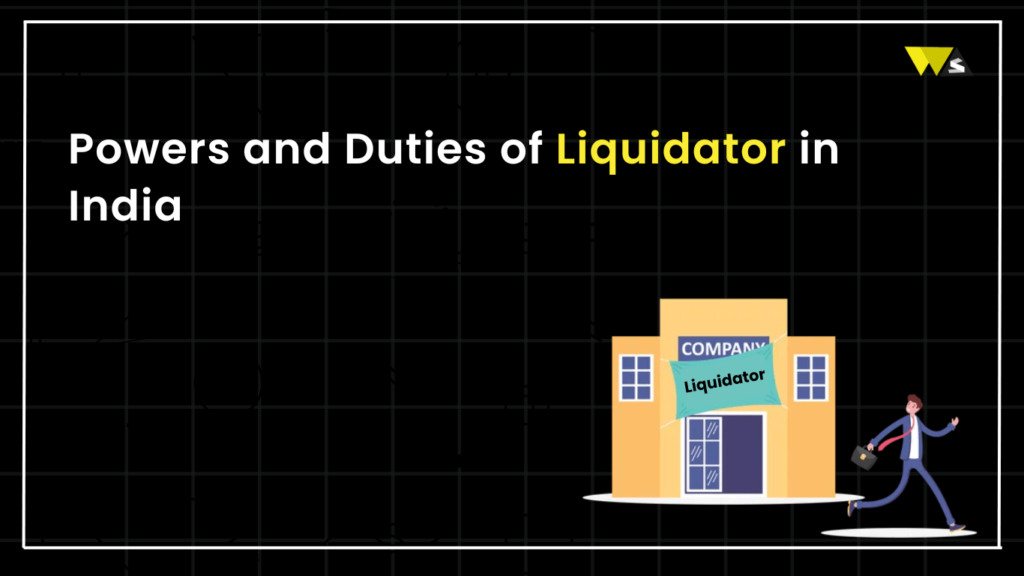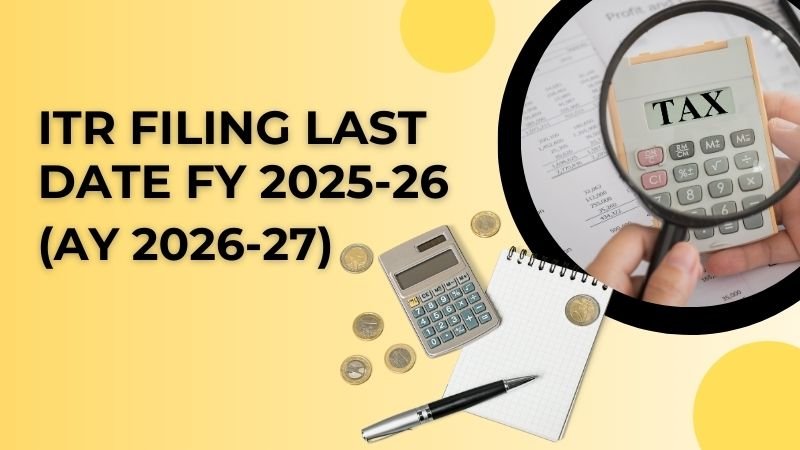Liquidation means where the company or corporate debtor is responsible for division of assets of the company and ending up the business and distributing its assets. Before the Insolvency and Bankruptcy Code 2016, liquidation of companies was governed by the Companies Act of 2013. No creditors, whether financial or operational, could apply to the court for liquidation after the Code’s coming into force. A bankruptcy process has to be conducted at first by either a creditor or the corporate debtor at the adjudicating authority before a liquidation application can be made. The main goal of the resolution process is to revive the corporate debtor and realize all debts owed. An order for liquidation may be issued by the adjudicating body, if the insolvency process proves to be inaccurate. According to the Code, the adjudicating authority’s last option for a corporate debtor is still liquidation. Therefore, let us know about the powers and duties of liquidator in India.
Who is a Liquidator?
- One important player in the process of closing down a business is a liquidator. They supervise how assets are allocated and how corporate operations are concluded.
- They are hired during the winding-up or liquidation stage. Gathering the company’s assets is their primary responsibility. They resolve lawsuits brought against the business.
- Any assets that are left over are then distributed to the shareholders. They take this action prior to the company’s dissolution. This is an important position.
- It makes sure that the process complies with the law and is equitable. From the standpoint of company law, it is with this position that the duties of the liquidator commence.
How is a Liquidator Appointed in India?
- A liquidator’s first responsibility is to make sure they are appointed correctly. A liquidator may be appointed in a number of ways.
- It is the first and foremost duty of the liquidator to see to their proper appointment. Various ways in which a liquidator can be appointed exist, such as the court appointing a liquidator or by the creditors’ or shareholders’ appointment.
Powers of a Liquidator in India
The Companies Act of 2013 and the Insolvency and Bankruptcy Code of 2016 lay down several powers for the liquidator. The liquidator can manage the business’s activities, gather and allocate its assets, and complete the liquidation procedure thanks to these abilities. Below is a discussion of some of the liquidator’s primary authorities.
- Asset Sale and Control: All of the company’s assets may be seized by the liquidator. These can consist of both material and immaterial objects. They can use public auctions to sell these assets. Private contracts are another option. Their goal is to maximize profits for shareholders and creditors. They will use their vast powers to do this.
- Managing Financial Transactions: The company’s finances can be handled by liquidators. They are allowed to create, accept, endorse, and draw any negotiable documents for the business. This guarantees that money will be accessible to pay off debt.
- Challenging Transactions: Transactions that are voidable may be contested by liquidators. They might undo those created prior to the liquidation. If the transactions caused harm to the business or its creditors, they have to do so. This demonstrates their crucial role in defending the interests of all parties involved.
- Addressing Preferential Payments: They are able to recoup money paid to specific debtors. Prior to the liquidation, they were produced. We refer to these as ‘unfair preferences’. A more equitable distribution is ensured by doing this. All creditors gain from it. It also demonstrates the liquidator’s dedication to equity.
- Engagement of Stakeholders: They have to meet with creditors. Additionally, they have to meet with shareholders. In order to resolve disputes and divide funds, they will assist with communication and negotiations. Transparency must be guaranteed. Throughout the liquidation process, they must guarantee teamwork.
- Expert Assistance: Experts can be hired by liquidators. It is guided by the experts. They can assist with legal support and financial analysis. The professionals ensure that all actions are lawful and well-informed. As a result, the liquidation is more successful and efficient.
Duties of a Liquidator in India
The liquidator is to fulfil a certain number of responsibilities during the course of the liquidation process. The fundamental object of these responsibilities is to ensure that the liquidation exercise is carried out fairly and transparently. Below is a discussion of some of the liquidator’s primary duties.
- Progress and Final Reports: Reports on progress must be prepared by liquidators. The reports have to be sent to shareholders and creditors. The reports provide into depth about the actions made throughout the liquidation and the current situation. The reports are important. They maintain openness and confidence. The stakeholders and the liquidator are at odds. Additionally, after the liquidation is complete, a final report needs to be prepared and submitted. It will provide an overview of the results and the ultimate allocation of resources.
- Final Notices and Documentation: Following the liquidation, liquidators are required to submit a final report to the Companies Office. They must also announce their plan to the public. The company will be struck out from the Companies Register. Important information should be included in this message. It ought to bear the name of the business. The rationale behind its removal and the objection deadline should also be included.
- Asset Distribution and Handling: The important duty of liquidators is to look after the assets of the company. They determine the value of the assets. In order to maximize profits for shareholders and creditors, they oversee the sale. Care must be taken during this process. It guarantees that all assets, tangible and intangible, are valued fairly and counted.
- Legal Advice and Compliance: Liquidators are required to adhere to all applicable laws. They are also in charge of employing legal counsel. The liquidation procedure is aided by the advisers. Getting assets is part of this. It also entails bringing legal action against directors or other parties that might have hurt the business.
- Interaction with Shareholders and Creditors: You need to be a good communicator. When it comes to shareholders and creditors, this is crucial. Meetings are required of liquidators. They must offer updates and respond to reasonable requests for reports or information. This guarantees that everyone is informed. Additionally, it guarantees a transparent and equitable liquidation.
Conclusion
In India, the liquidator is a key player in the liquidation process. They are in charge of overseeing the company’s operations, gathering and allocating its assets, and making sure the liquidation procedure is carried out in an equitable and open manner.










